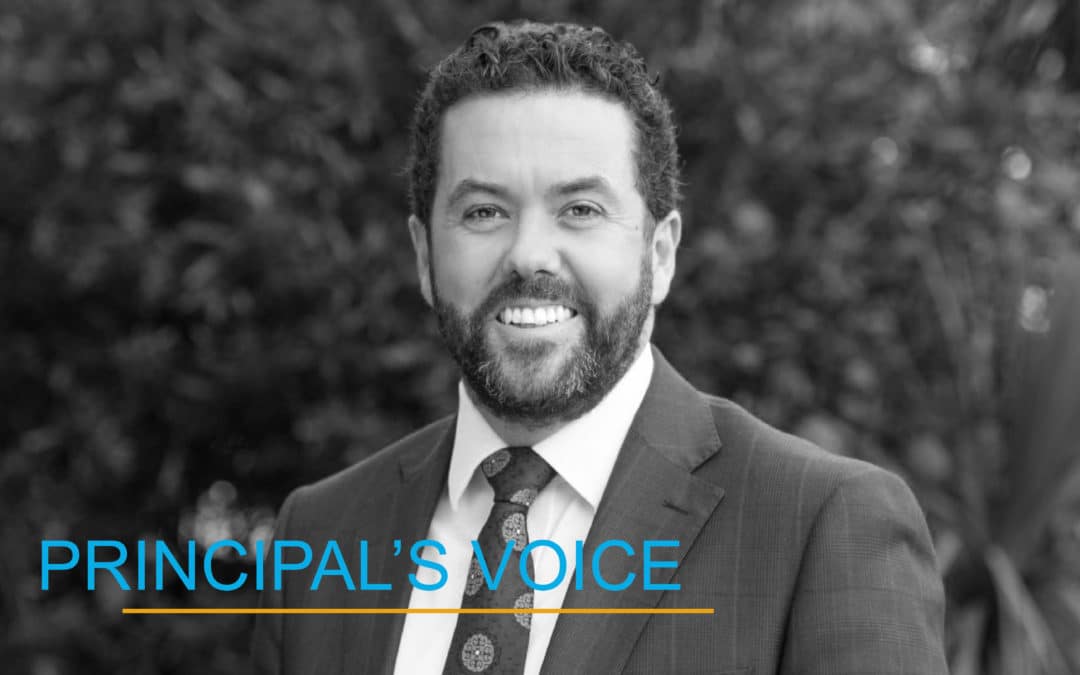“Though one may be overpowered, two can defend themselves. A cord of three strands is not quickly broken.”– Ecclesiastes 4:12
Ecclesiastes is a book of ancient wisdom. It captures the way in which life can be both delightful and difficult. One of its repeated phrases is “meaningless, meaningless, a chasing after the wind”. It translates and captures the idea of the Hebrew word for smoke or vapour, here one minute and gone the next.
Life can feel meaningless even when we know that it isn’t. There is so much richness and wonder in our world and in all that we have, but at times, whatever we are chasing seems to disappear like the morning mist.
The author of Ecclesiastes explores meaning through relationships, with others and with God. The phrase “a cord of three strands is not quickly broken” can be applied in lots of ways, but one of the ways I think of it is the relationship that we have in schools and in the privilege of educating students.
Education is a cord of three strands – students, teachers, and parents. When this unravels, we are not nearly as strong, and things can come apart quickly. But when we work together there is enormous strength, power, and benefit. There is little that cannot be managed or overcome.
We know that towards the end of the term and the end of the year, things can start to come apart. We all get tired, and it becomes harder to work together. And yet, it’s when we most need to be a cord of three strands. We look forward to supporting students and parents as we make the most of the rest of the year. We know that readjusting to being back at school in person and being back in the community has sapped the energy levels of many.
When it is difficult, we are reminded of the words of Jesus in Matthew 11:28-30…“Come to me, all you who are weary and burdened, and I will give you rest. Take my yoke upon you and learn from me, for I am gentle and humble in heart, and you will find rest for your souls. For my yoke is easy and my burden is light.”
Tim Watson
Principal




